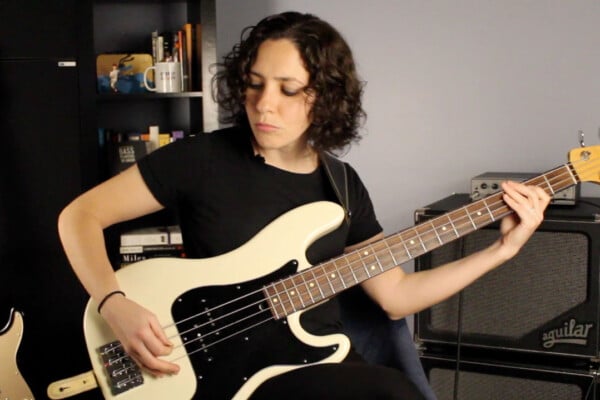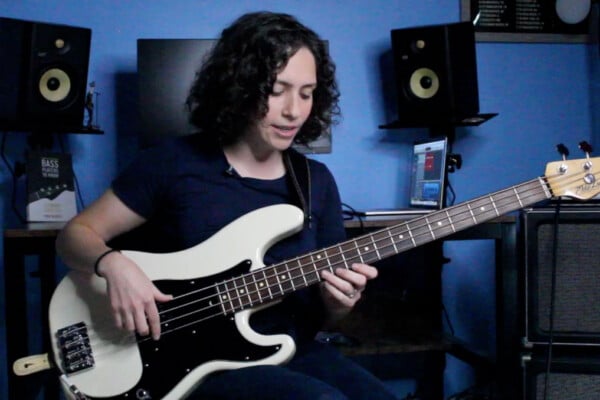The Lowdown with Dr. D.: Three Requirements of Attainment: The Student

Note: This is part 3 of 3 of Dr. D’s current series. See part 1 and part 2.
The Student
The most important ingredient needed to acquire a skill is not a good Method or a good Teacher, but rather a good Student. Even with the highest quality Method and Teacher, a poor quality Student will not achieve the objectives of any training.
In contrast, a good student can achieve great heights without a teacher, although it is likely to be a more difficult path. A look through history will give us numerous with examples of this: Masters who learned through intensive investigation, picking up information in whatever fashion they could. As we are all students throughout our entire life, we can all benefit from remembering this, whether or not we have the benefit of formal instruction. So how do we become a good Student, now and in all the days ahead?
Being a good Student
To learn effectively, you must approach your study without ego. You won’t learn much if you believe you already know the answers, or aren’t open to new ways of approaching things. To benefit the most from any teacher, be it via formal instruction, or from another musician on your gig, you must be open to their knowledge. As the saying goes: “You say you want more tea in your cup, but you hold only a cup which is full. How can you receive more tea, if your cup is already full?” A student who approaches their study without ego usually shows this quality outwardly as curiosity.
Curiosity is one of the most valuable assets any good student can have. A good student will be curious enough to investigate another’s knowledge of a subject, particularly that of their teacher. They will be curious enough to fully explore a concept, and be interested in deepening their knowledge on many levels and in many ways.
While a good teacher can expose us to a concept, and help us absorb it’s meaning, these are only the smallest first steps in the learning process. The student is responsible for fully digesting the material, which is the largest and most significant step in the learning process. This is where another important quality of a good student comes into play: persistence.
Especially when a good Method and a good Teacher are present, what the student needs to do is really very simple: They must practice the assigned material daily. While this task is simple, it is not easy. In reality, regular practice can be quite difficult and lack of practice is a major reason why many fail to achieve their bass playing objectives. It is easy to miss one day, which leads to two days and then three days… Before you know it, you didn’t practice at all this week, and this week looks a lot like last week…which looks a lot like the one before that. There can not be much progress made this way.
In order to fully digest a concept a great deal of repetition is often required. To master an instrument requires the full assimilation of many concepts. As such, for instrumentalists, this is the point in the learning process where daily practice comes into play. It is also at this stage that so many people fall down. They do not practice regularly or they stop practicing before the material is truly integrated into their playing. This stumbling block must be overcome.
Mastery is only acquired by exercising effort over a long period of time. This is effort expended not over hours, but over years. Daily practice of this sort requires persistence. A good student manifests this quality by practicing every day. The extent of your musical reward depends mainly on how much purposeful practice you put in…so today you should practice.
Assessment
On your journey for mastery you should evaluate your progress periodically. If you are committed to a course of action, then once a year is a good time frame for evaluation. After a full year of following a plan, you should be able to determine if a particular situation is working for your benefit. If you have a teacher, it is often valuable to assess your progress together.
When it is time to evaluate your course of study you might ask yourself these questions:
- Was there a method or plan?
- Was it correct for my goals and objectives?
- Was the teacher competent?
- Most importantly: Was I a good student?
If you were working for the past year without a teacher, and you are not happy with your progress, then perhaps it is time to search for one. If you had a teacher but are unsatisfied, and you are certain you have put your full effort into the proceedings, perhaps it is time to seek someone more suited to your objectives. If you are progressing well, then continue onward!
In case I haven’t mentioned it already, (!) daily practice is the most important habit we can form as instrumentalists and musicians. It is essential. If we don’t do it already, we should begin now. Most people miss a day now and again, but missed practice days, should be few and far between. Practice daily and you will be on your way to being a good student and acquiring mastery on your instrument.
Note: This is part 3 of 3 of Dr. D’s current series. See part 1 and part 2.
Dr. Donovan Stokes is on the faculty of Shenandoah University-Conservatory. Visit him online at www.donovanstokes.com and check out the Bass Coalition at www.basscoalition.com.



